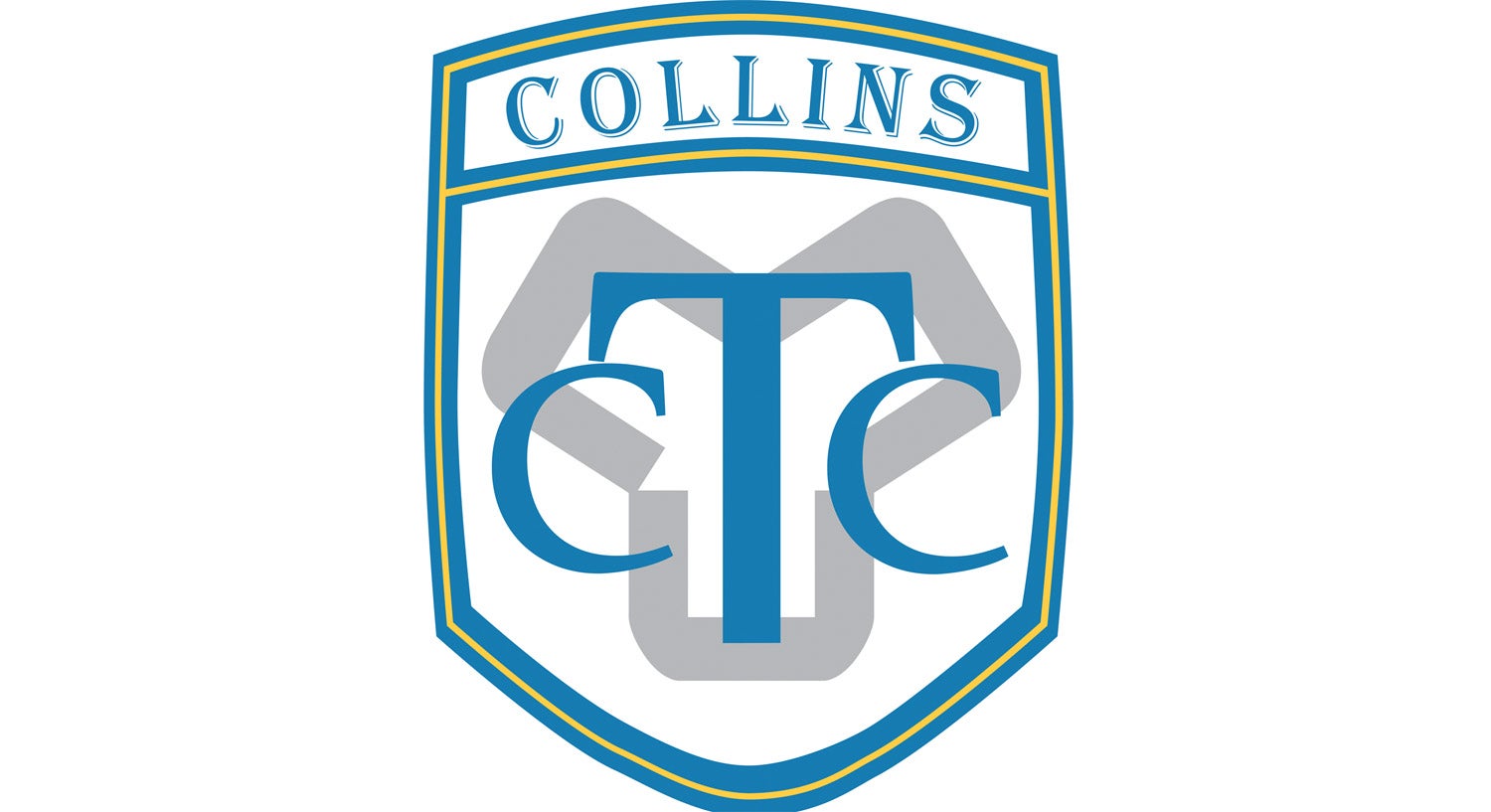Mental health effort urges Ohioans to ‘Be Present’
Published 9:40 am Tuesday, November 28, 2017
COLUMBUS (AP) — A statewide multimedia campaign has been launched in Ohio to get needed help to young people struggling with bullying, undue stress or societal pressure that puts them at risk of hurting themselves.
The Ohio Department of Mental Health and Addiction Services’ Be Present campaign, unveiled last week, encourages the peers, friends, classmates and siblings of at-risk youth to step up to help.
Department Director Tracy Plouck said the campaign can connect them to a variety of resources.
“Many young people experience stress or anxiety as they find their way, and some have experienced trauma or have an evolving emotional disorder,” she said. “Be Present will raise awareness about the struggles young people face and link them to local and state resources, information, crisis intervention and other forms of care, if needed.”
The campaign includes a website, a multiplatform presence on social media, print ads and digital public service announcements on Pandora Radio.
Using the tagline, “Your Presence is a Present,” it’s especially aimed at youth who are victims of bullying; those struggling to overcome mental or emotional problems or other stressors; and those most at risk of harming themselves, including LGBTQ youth.
The campaign will be rolled out in stages over the next five to seven months. A series of regional kickoffs are planned in partnership with local schools, the Prevention Action Alliance and the Ohio Suicide Prevention Foundation.
The website features an online toolkit to help young people demonstrate “the power of presence,” the department said, by getting involved at one of three levels: Friend, Advocate and Leader.
Friends need not register to gain access to videos, email updates, activity calendars and other campaign materials.
Advocates need to register and, if they’re under the age of 18, get parental permission. They can access demographic profiles, tutorials, campaign material downloads, and messaging tools.
Leaders need a username and password. They receive access to more intensive training and certification opportunities.





